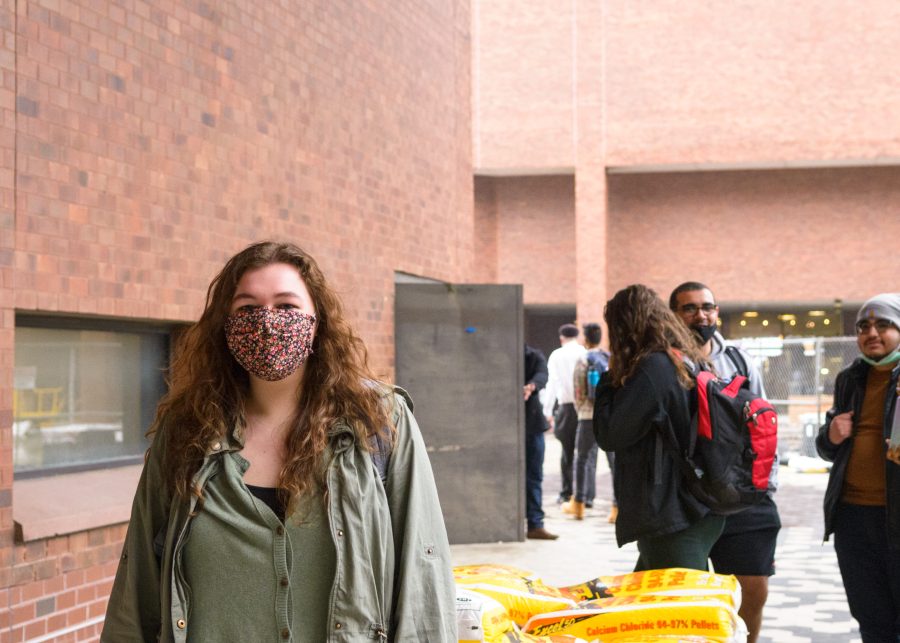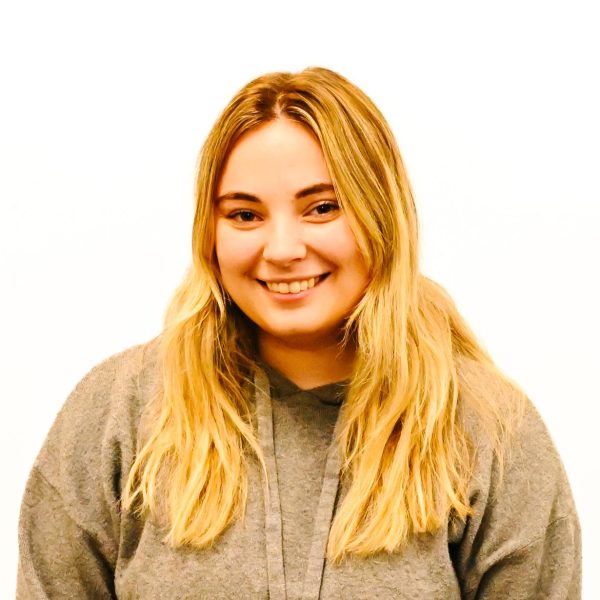On Friday, Feb. 18, Boston Mayor Michelle Wu announced that the city would be lifting its proof of vaccination policy, effective immediately. The mayor cited Boston’s steadily improving COVID-19 statistics as cause for the change, tweeting on Feb. 18 that “as of today, our public health data show that Boston is officially below the three critical thresholds for heightened COVID-19 protections, so we are lifting the proof of vaccination requirement.”
The three “critical thresholds” Wu laid out in the city’s “B Together” policy were: a less than five percent COVID-19 positivity rate, fewer than 200 daily hospitalizations, and less than 95 percent ICU capacity within the city of Boston.
The University also released a statement on the same day as Wu’s, with Vice Chancellor for Human Resource Marie Bowen and Executive Director of University Health Services Robert Pomales announcing: “Given our high vaccination rates and mask mandate, as well as falling cases locally and on our campus, we are pleased to announce the lifting of a number of campus COVID-19 restrictions.”
These changes, as laid out in the email, will include loosened restrictions on “visitors and events,” domestic and international travel, and relaxed surveillance testing—all effective Feb. 28.
Despite the changes, the most visible and noticeable restriction remains in place: masking. As students are the largest group on campus, and are those who pay thousands of dollars to attend school, The Mass Media felt it important that students’ voices and opinions be heard on the matter that shapes their daily lives on campus.
Angelina, a sophomore, voiced support for masking on campus, stating: “When I think about the mask policy, I think masks should be enforced whenever possible just because we’re still in times of COVID-19. It’s easy to spread and […] you walk through hundreds of different people every day.”
Fourth year student Noor noted that being from another state, she was initially surprised by the amount of people on campus wearing masks, but doesn’t mind continuing to wear one if it keeps people safe. Danny, a junior who works in a hospital, said that he’s used to wearing a mask for long periods of time at work and doesn’t mind the policy.
Vinny, a first-year student reflected how “the mask policy did a lot of good, but maybe it would be good to change it because of COVID-19 getting a little better and everything. It can be really annoying, especially living on campus where you really have to have it on for everything. When I’m trying to focus on school, it can just add stress.”
Rashad, a junior, reflected: “Personally, I don’t really mind the mask policy, I think it’s fine the way it is. If anything, they should offer students the choice whether to wear it or not, if it were to change at all, but honestly I think it’s fine the way it is right now.”
Natalia, a fourth-year student, observed that “if you walk into Target, no one is going to ask you to wear a mask. If you walk into anywhere, really, they’re not going to force you to wear a mask. My understanding is, you wear the mask if you’re in a really crowded room, but in most of my classes we’re not even sitting next to each other and we still have to wear them. I just wear it because if I don’t, I’ll be kicked out of school. The whole reason I got a vaccine is because I couldn’t enroll in school if I didn’t get it.”
Of all students surveyed, approximately half were in favor of keeping the current policy, and half were in favor of making changes.
Throughout the last year, the University has largely maintained in-person learning, avoided “super-spreader” events at school, and generally continued with the core purpose of any university: teaching and learning. Students, however, have also had over two years of firsthand experience with this pandemic. This survey comes at a time when many towns and cities across the Commonwealth are lifting indoor mask requirements.


